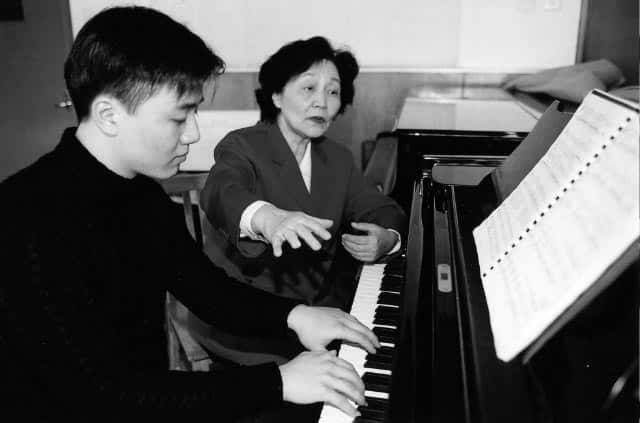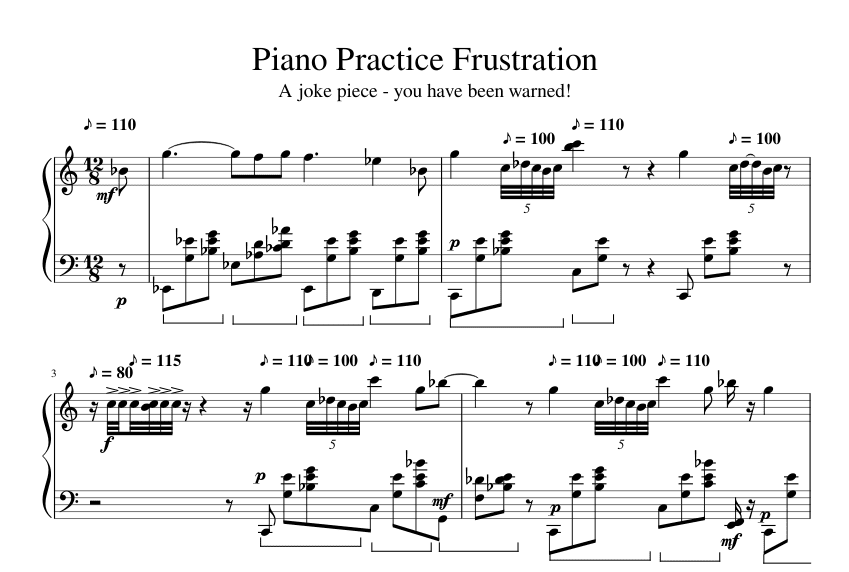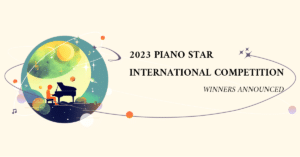Today, a new discovery by renowned Lisztian scholar Alan Walker sent shockwaves within the classical music world.
“Liszt never intended for people to play from memory,” Walker tells Piano League.
In a newly discovered letter that Liszt evidently wrote to Marie d’Agoult—a close confidant of his—in the spring of 1834, he said “It worries me gravely that I might have accidentally created a problem for future generations of pianists. I just overheard someone who tried to memorize Beethoven’s Hammerklavier Sonata — he failed, of course. Nobody would be able to do that. I memorized my Hungarian Rhapsodies because I would otherwise miss all the big jumps. Why on earth would you memorize something that doesn’t have big jumps.”
Industry Reactions
Reactions to this news are mostly mixed, as Harvard scholar Robert Levin chimed in: “whether we memorize or don’t memorize is irrelevant. Mozart’s concerti, for example, were never intended to be played note-by-note, so in a way, you’re not really playing what he writes anyway, with music or not.”
Competitions with deadlines within the next month (as seen on Piano League’s biweekly Competition Deadline Alert) are scrambling to hold emergency meetings to determine whether they will, in fact, remove the clause of memorization from their rules and regulations. Some worries that removing the clause will make it difficult to eliminate people from the first round, as one prominent judge notes: ”Imagine a world where nobody has any memory slips. Our job would be impossible.”
There were also voices of anger. As heard from a contestant who was previously knocked out from the first round of the Chopin competition due to a memory slip from an otherwise perfect performance: ”only if I didn’t have to play from memory, I would’ve won the competition and become the next Lang Lang.”
Side Effects
An unintended side effect to this news was found within the Juilliard pre-college community: child prodigies who take pride in claiming that they are able to memorize difficult pieces within a very short time span are struggling to find new ways to impress their parents and peers. “Saying ‘I learned Rachmaninoff 3rd Concerto in 5 days and can play it from the music’ just doesn’t have the same ring to it,” says 13-year-old recent Juilliard concerto competition winner Kevin Zhang.
Among the winners of today’s news is page-turning pedal maker Pageflip, who received a record number of orders today. “Someone must have had insider knowledge,” says its CEO, “We are currently out of stock on the Butterfly model and are hiring workers to meet our new production goals”
“I’ve ALWAYS said this.” American pianist Stephen Hough, a long-time advocate for playing with the score commented. “Nobody listened to me.”
“However, Liszt did memorize some of the monumental Beethoven sonatas himself.” Added Hough about the letter. “He probably just wanted to impress the lady.”
––––––––––––––––––––––––––––––––
Pictured: Frederik Magle
Photo by: Morten Skovgaard












